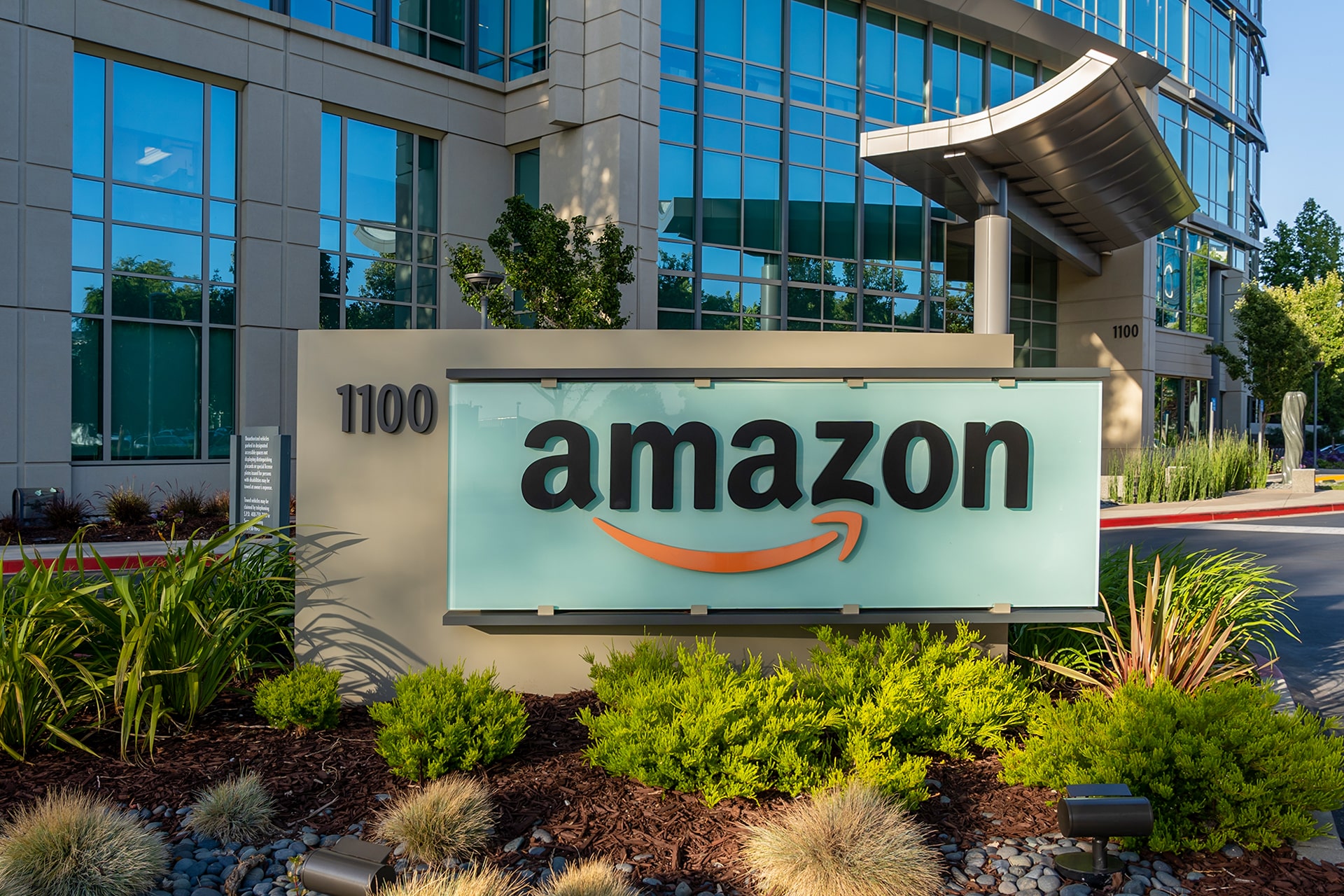From The Desk Of The CEO | Sep 18, 2024
Some Perspective on Amazon’s 5-Day Return to Office Policy

From the Desk of the CEO
As companies continue to navigate the post-pandemic workplace, Amazon’s recent announcement of a 5-day return to office for all employees has reignited a critical conversation about the future of work. Here at Stark Enterprises, we recognize the complex dynamics that shape such decisions, and while our company culture may differ from Amazon’s, there are lessons to be learned on both sides from their decision.
On the plus side …
A return to office would foster increased collaboration and innovation. Bringing employees back to the office would inevitably lead to more in-person interactions that would in turn spark spontaneous brainstorming and collaboration. We highly value the organic energy that arises when teams work together in person, often leading to creative breakthroughs that are harder to achieve remotely. Amazon’s decision could spark a wave of innovation by enhancing team dynamics and productivity.
This move was also likely made in the hopes of strengthening workplace culture. Company culture thrives in a shared physical environment. While remote work offers flexibility, it can dilute the sense of unity and shared purpose that arises from being in the same physical space. By returning to the office, Amazon is likely aiming to rebuild a strong internal culture, something that we also prioritize at Stark Enterprises.
In addition, Amazon is undoubtedly looking to enhance accountability among its staff. While remote work has benefits, it also comes with challenges related to time management and oversight. A return to the office will allow for more employee supervision and accountability. Amazon’s decision could signal a desire to increase focus and performance monitoring, ensuring employees remain aligned with the company’s goals.
The move also indicates that they are looking to maximize their office space investments. For a company the size of Amazon, real estate investments in office space are significant. It’s important to factor in the financial aspect. Empty offices or underutilized workspaces represent a substantial cost. We manage several commercial properties and understand how office utilization plays a key role in maximizing return on investment. Amazon’s decision ensures they are getting full value from their real estate, which is especially important in prime locations where costs are high.
On the minus side …
A 5-day, in-office work week immediately reduces employee flexibility. The shift to remote work empowered employees to manage their work-life balance in a more customized way. We’ve noticed that a hybrid model often enhances productivity and well-being. The return to a full-time office schedule could reduce employee satisfaction, especially among those who have grown accustomed to the freedoms and flexibility of remote work.
It will also likely come with some noticeable talent retention challenges. Forcing employees back to the office might lead to staffing issues, as many workers may seek out employers that offer greater flexibility. We’ve observed that in competitive markets, offering hybrid or remote options can attract top talent. Amazon may face some significant setbacks in retaining employees who prioritize flexibility over the traditional office setting.
Moves like this always come with the potential for lower workplace morale. An enforced return to the office can result in reduced morale, especially if employees feel their concerns about work-life balance are being ignored. While face-to-face collaboration is important, employee satisfaction is equally crucial to productivity. Amazon will need to tread carefully to avoid alienating key talent and potentially damaging morale.
Lastly, Amazon may not be fully considering the opportunity cost of office space. While office space is an investment, there is also an opportunity cost to maintaining large physical offices. Some companies are downsizing or offering flexible workspaces to reduce overhead, which can free up capital for other strategic initiatives. We’ve seen clients reevaluate their need for space as remote work gained popularity. Amazon’s decision could tie them to a more traditional model, potentially limiting their ability to adapt to changing workplace trends and financial efficiencies.
Ultimately, there is no one-size-fits-all solution for the post-pandemic workplace. Here at Stark Enterprises, we continue to explore the balance between in-office collaboration and the flexibility that remote work offers. Amazon’s decision is a bold move that reflects the unique needs of their own workforce and organizational goals, yet it may very well have far reaching implications for other companies due to their massive global influence. It’s a reminder to all of us that the future of work is still evolving, and we must remain adaptable to the changing expectations of our employees, while also considering the financial implications of workplace investments. 

Sincerely,
Ezra Stark
Chief Executive Officer

